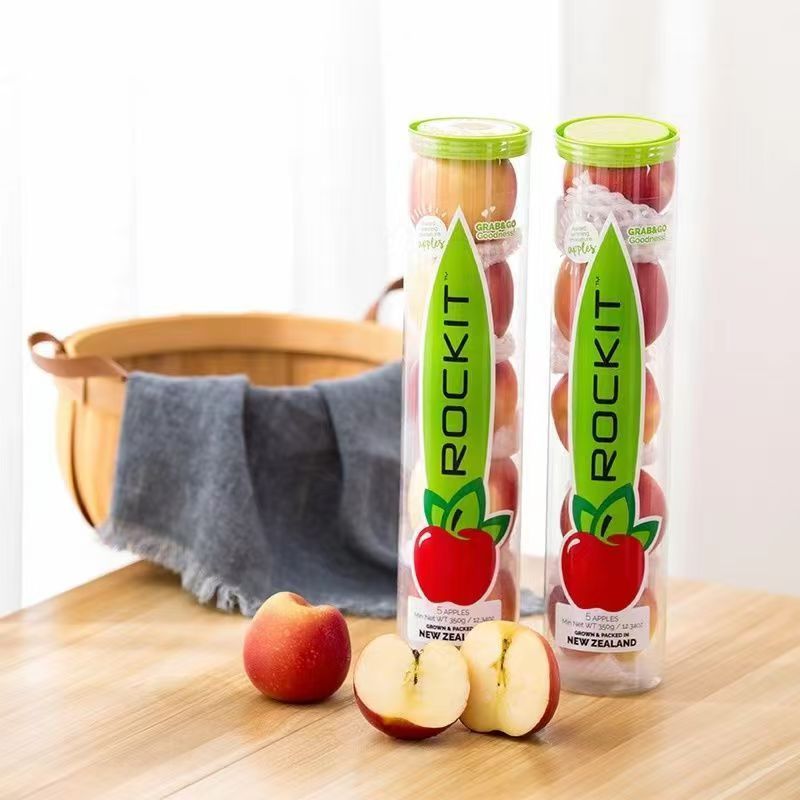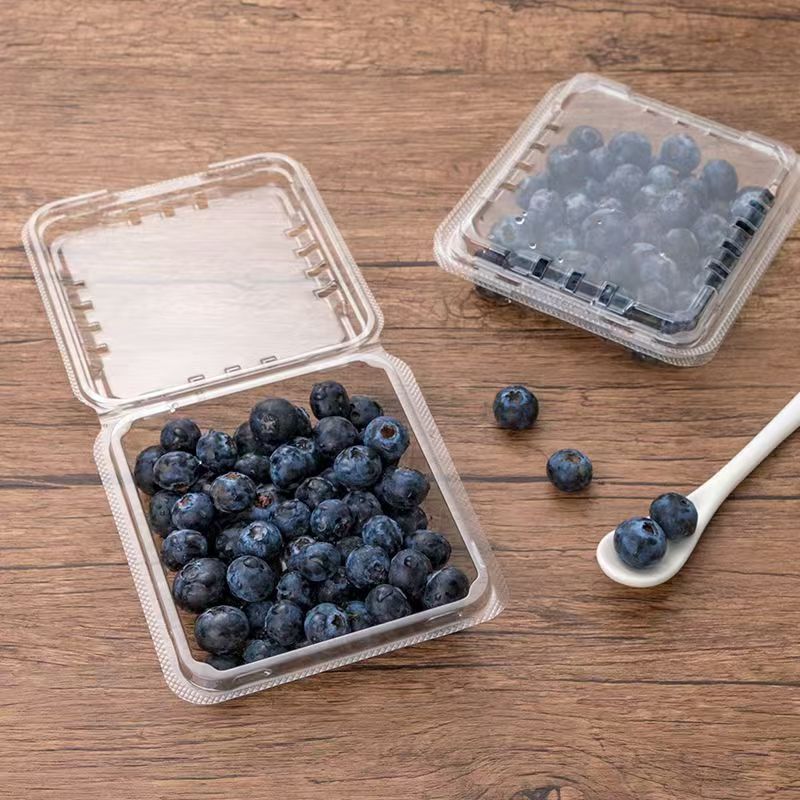In the global shift toward plastic-free, biodegradable alternatives, mushroom mycelium packaging has emerged as a breakthrough innovation. Mycelium packaging is more eco friendly than traditional plastics. Unlike traditional plastic foams or pulp-based solutions, mycelium packaging is grown—not manufactured—offering a regenerative, high-performance alternative for industries looking to balance protection, sustainability, and aesthetics.
But what exactly is mycelium packaging made of, and how does it transition from agricultural waste to elegant, moldable packaging? Let’s take a closer look at the science, engineering, and business value behind it.
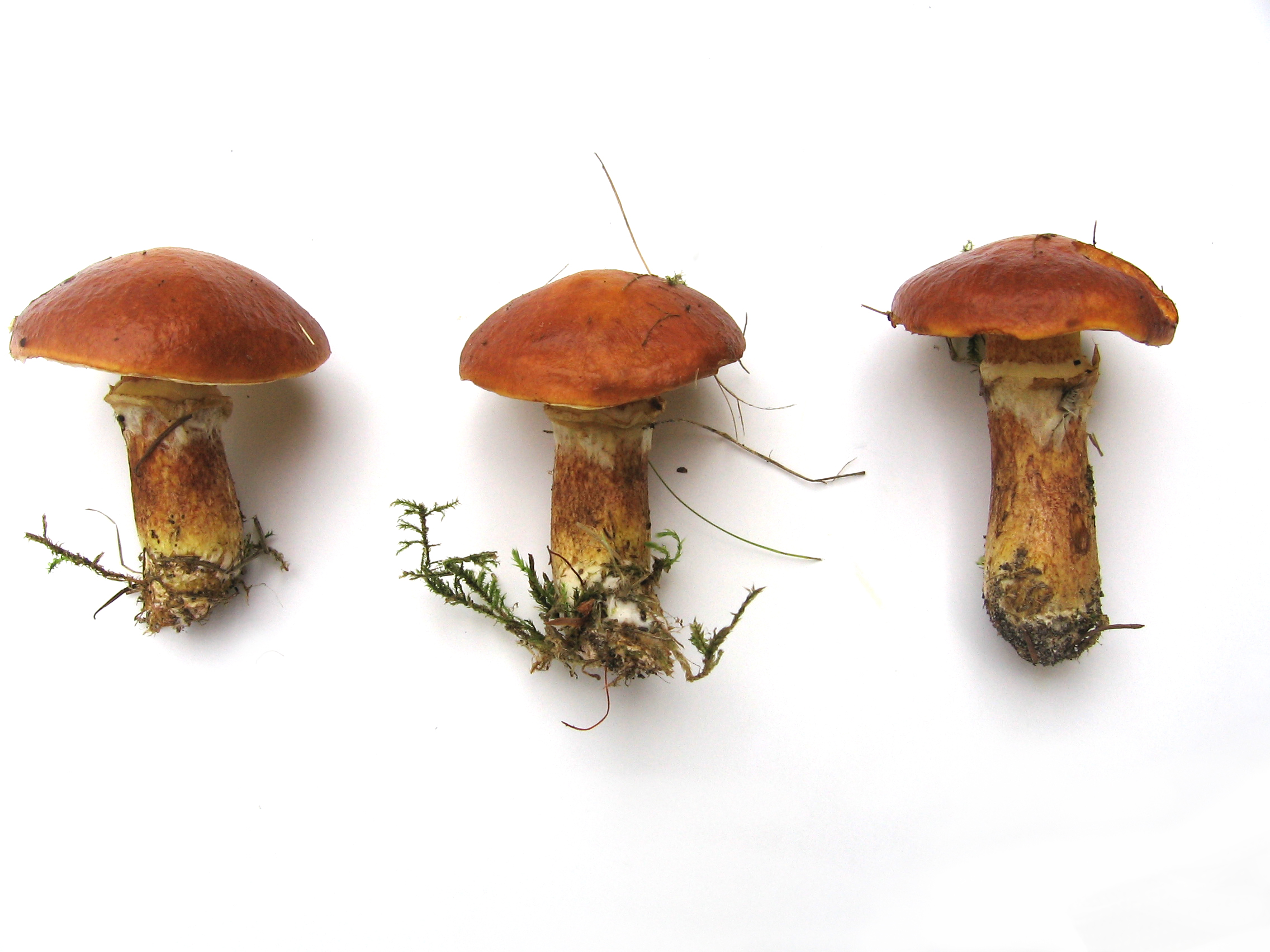
Raw Materials: Agricultural Waste Meets Mycelial Intelligence
The process of this compostable packaging begins with two key ingredients: agricultural waste and mushroom mycelium.
Agricultural waste
Such as cotton stalks, hemp hurds, corn husks, or flax—is cleaned, ground, and sterilized. These fibrous materials provide structure and bulk.postable packaging solutions.
Mycelium
The root-like vegetative part of fungi, acts as a natural binder. It grows throughout the substrate, digesting it partially and weaving a dense biological matrix—similar to foam.
Unlike synthetic binders in EPS or PU, mycelium uses no petrochemicals, toxins, or VOCs. The result is a 100% bio-based, fully compostable raw matrix that’s both renewable and low-waste from the start.
The Growth Process: From Inoculation to Inert Packaging
Once the base material is ready, the growth process begins under carefully controlled conditions.
Inoculation & Molding
The agricultural substrate is inoculated with mycelium spores and packed into custom-designed molds—ranging from simple trays to complex corner protectors or wine bottle cradles. These molds are made using CNC-machined aluminum or 3D-printed forms, depending on the complexity and order size.
Biological Growth Phase (7~10 Days)
In a temperature- and humidity-controlled environment, the mycelium grows rapidly throughout the mold, bonding the substrate together. This living stage is critical—it determines the strength, shape precision, and structural integrity of the final product.
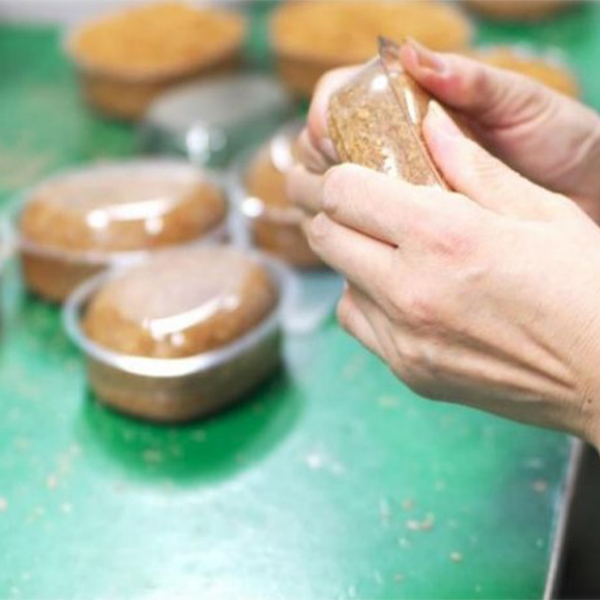
Drying & Deactivation
Once fully grown, the item is removed from the mold and placed in a low-heat drying oven. This halts biological activity, ensuring no spores remain active, and stabilizes the material. The result is a rigid, inert packaging component with excellent mechanical strength and environmental safety.
Performance Advantages: Functional and Environmental Value
High Cushioning Performance
With a density of 60–90 kg/m³ and compression strength up to 0.5 MPa, mycelium is capable of protecting fragile glass, wine bottles, cosmetics, and consumer electronics with ease. Its natural fibrous network absorbs impact shock similarly to EPS foam.
Thermal and Moisture Regulation
Mycelium offers basic thermal insulation (λ ≈ 0.03–0.05 W/m·K), ideal for products sensitive to temperature change like candles, skincare, or electronics. It also maintains shape and durability in environments up to 75% RH.
Complex Moldability
With the ability to form custom 3D shapes, mycelium packaging is suitable for anything from wine bottle cradles and tech inserts to molded shells for retail kits. CNC/CAD mold development allows for high precision and fast sampling.
Use Cases Across Industries: From Wine to E-Commerce
Mycelium packaging is versatile and scalable, meeting the demands of diverse industries.
Fruit labels
Made from compostable materials and non-toxic adhesives, these labels offer branding, traceability, and barcode scanning compatibility—without compromising your sustainability goals.
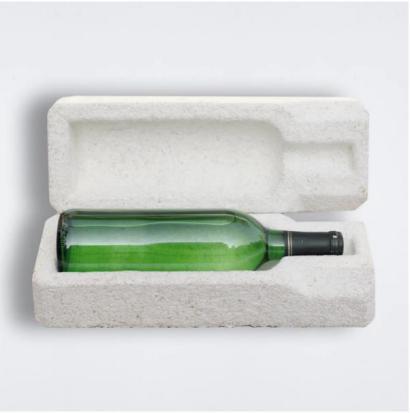
Wine & Spirits
Custom-molded bottle protectors, gift sets, and shipping cradles for alcoholic and non-alcoholic beverages that prioritize presentation and eco-value.
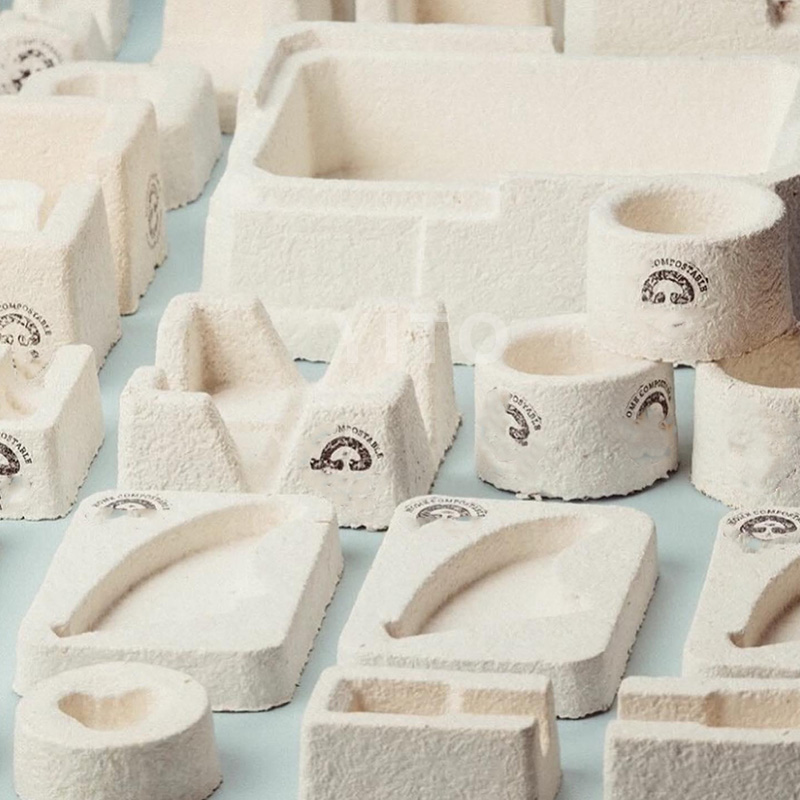
Consumer Electronics
Protective packaging for phones, cameras, accessories, and gadgets—designed to replace non-recyclable EPS inserts in e-commerce and retail shipments.

Cosmetics & Personal Care
High-end skincare brands use mycelium to craft plastic-free presentation trays, sample kits, and sustainable gift boxes.
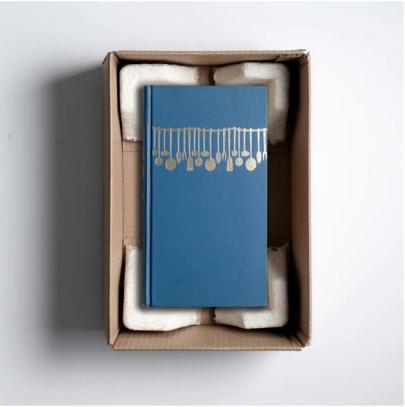
Luxury & Gift Packaging
With its premium look and natural texture, mycelium is ideal for eco-conscious gift boxes, artisan food sets, and limited-edition promotional items.
Mushroom mycelium packaging represents a true shift toward regenerative packaging systems. It’s grown from waste, engineered for performance, and returned to the earth—all without compromising on strength, safety, or design flexibility.
At YITO PACK, we specialize in delivering custom, scalable, and certified mycelium solutions for global brands. Whether you’re shipping wine, electronics, or premium retail goods, we help you replace plastic with purpose.
Related Products
Post time: Jun-24-2025


